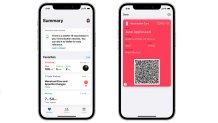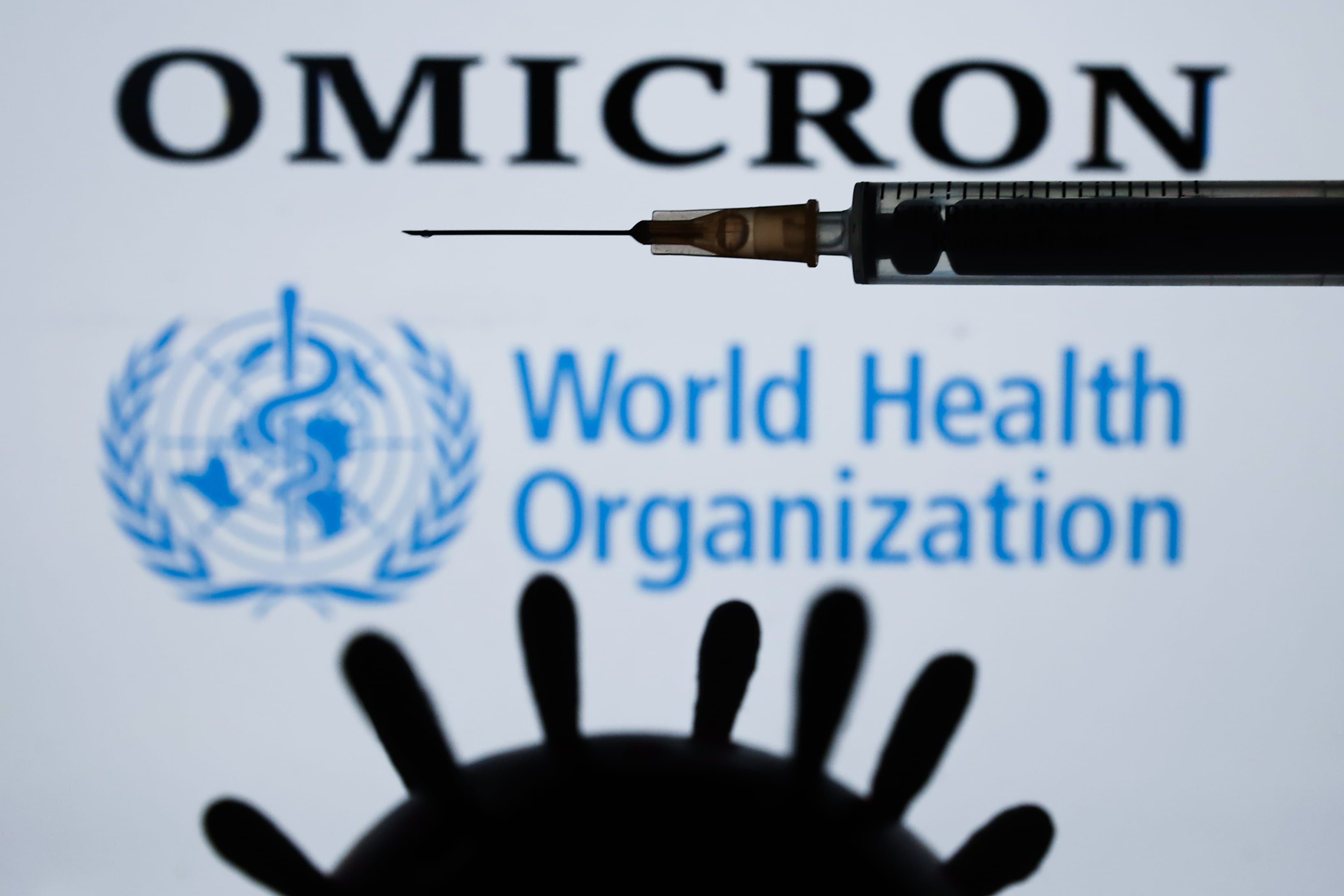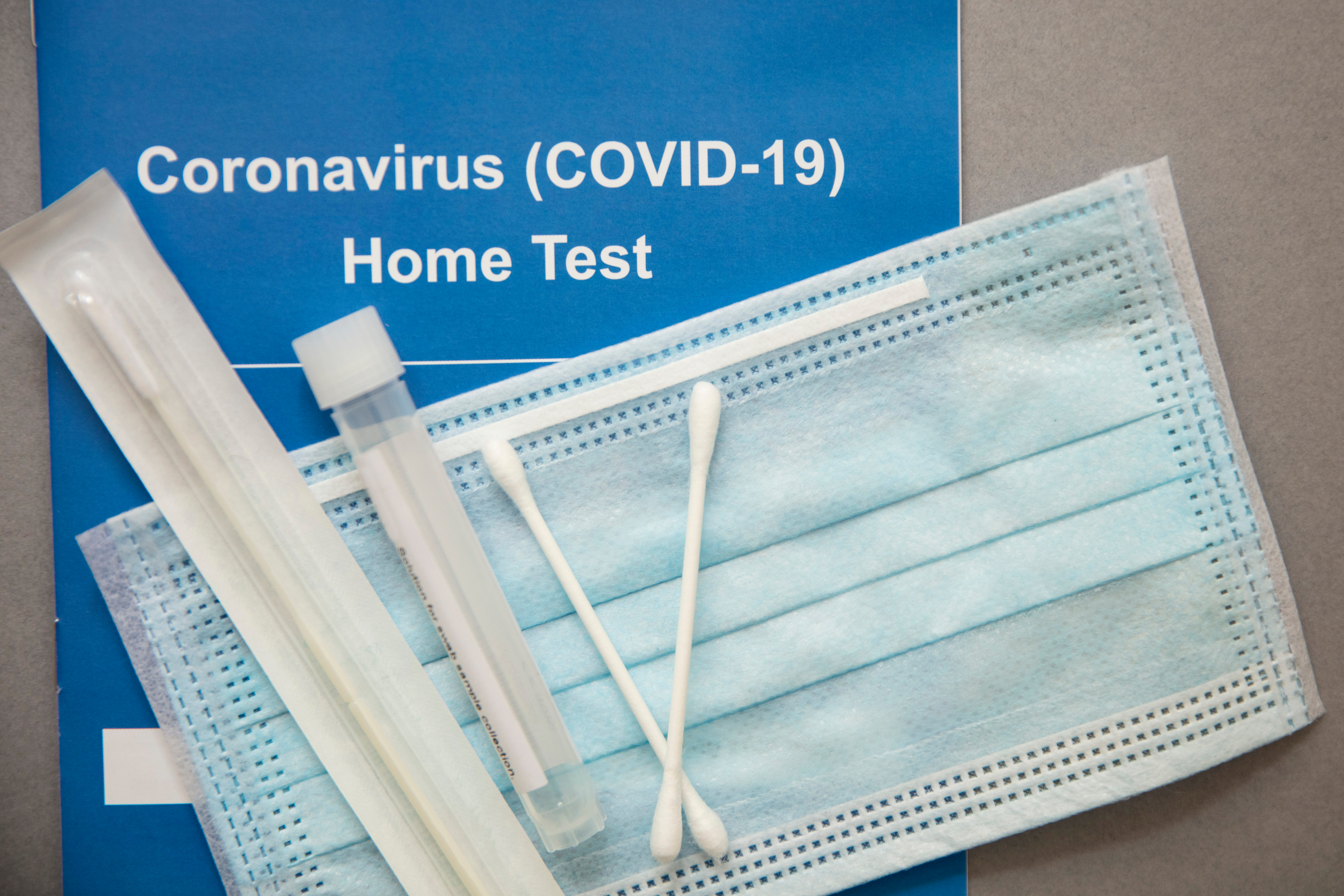More than 17.5 million vaccine doses have been administered in Illinois. And as some businesses, music venues and restaurants are shifting to requiring proof of vaccination for entry, what's the easiest and quickest way you can access your vaccine card?
If you have an iPhone, one way to do so is by adding your vaccine card to your Apple wallet.

Here's how to add your vaccination information to your digital wallet:
Feeling out of the loop? We'll catch you up on the Chicago news you need to know. Sign up for the weekly Chicago Catch-Up newsletter here.
- Get a downloadable file or QR code from your vaccination provider. If you aren't sure how to do this or if you have one, contact your insurance company, or pharmacy or location where you got vaccinated.
- If you don't know where you got your vaccine, or your doses were administered at different locations, you can access your Illinois vaccination record here.
- Make sure your iPhone must also be updated with to iOS 15.1 software
- If you have a QR code: Open the camera app on your phone and hold it over the code. When a Health app notification appears, tap and select "Add to Wallet & Health"
- If you have a downloadable file: pull it up on your phone and tap the download link. Then, select "Add to Wallet & Health"
If you have questions or need more information, click here.
Apple said the company cannot see the vaccination card, nor how it's used. The card is only stored to the phone itself and not on the cloud.
The company added that vaccination cards cannot be shared with other users on a separate device. Once added, users are required verify their identity using Face ID, Touch ID or a passcode.
For Android users, Google has also created a way to store vaccine information in Google Pay or Chrome. For step-by-step instructions, click here.
If you want to keep using your physical COVID vaccination card, what should you do if its lost or damaged?
While the U.S. Centers for Disease Control and Prevention may have its logo on COVID vaccination cards, it does not readily have the information available to print off new ones. Instead, state health departments and health providers will, and that’s where the search for a new card should begin.
Here's who you can contact if you need or want to a new hard copy of your COVID vaccination proof.
Contact your health care provider
The very first step to take if you lose or damage your vaccine card (or if you never received a card in the first place) is to contact the health care provider that administered the shot.
Many companies, including CVS and Walgreen’s, will keep records of those vaccinations and can help individuals get new cards.
Other providers, including hospitals who run mass vaccination clinics, may also be able to help.
Contact the Illinois State Health Department
If you aren't able to contact your health care provider, or the location you got your vaccination dose, the state health department should be able to help through their Immunization Information System.
Vaccination providers are required by law to report COVID-19 vaccinations to IIS and other systems. Illinois’ records can be accessed through this portal.
Indiana records for COVID-19 vaccinations can be accessed through an online portal as well.
V-Safe or VaxText
If a person is in need of proof of vaccination to receive a second or third dose of COVID vaccine, then the V-Safe and TaxText programs can also help.
Those programs, designed to obtain information on how individuals have fared after receiving their vaccines, will also have vaccination information available to individuals who signed up, according to the CDC.
Here's more information about V-Safe, and here's more information about VaxText.
Other options
If all else fails, contact contact your county health departments for more information on how to proceed.
Keep in mind
Officials do warn individuals that they may not receive a paper card to replace the one that has been lost or damaged.
Some states only provide digital COVID vaccination proof, but those policies differ by state, and individuals should contact their health departments for more information.



